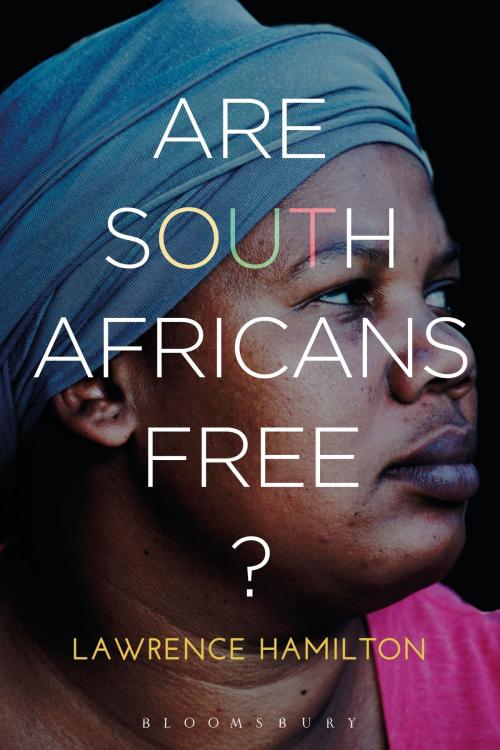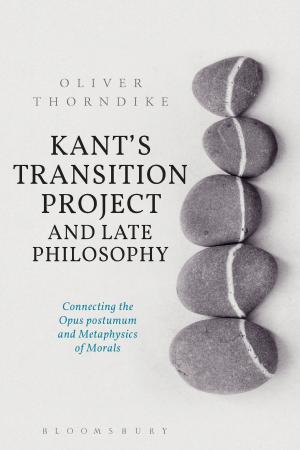Are South Africans Free?
Nonfiction, Social & Cultural Studies, Political Science, Politics, Economic Conditions, International| Author: | Lawrence Hamilton | ISBN: | 9781472521798 |
| Publisher: | Bloomsbury Publishing | Publication: | April 10, 2014 |
| Imprint: | Bloomsbury Academic | Language: | English |
| Author: | Lawrence Hamilton |
| ISBN: | 9781472521798 |
| Publisher: | Bloomsbury Publishing |
| Publication: | April 10, 2014 |
| Imprint: | Bloomsbury Academic |
| Language: | English |
Despite South Africa's successful transition to democracy and lauded constitution, political freedom for the majority of South Africans remains elusive. The poor and unemployed majority are poorly represented and lack power and thus freedom. Under these conditions, the freedom of the privileged minority is also seriously impaired due to the costs of maintaining their relative security and well-being. Lawrence Hamilton is an internationally-known political theorist, who has spent ten years teaching in South African universities. In this unique book he brings ideas - political and philosophical - to the fore to understand a contemporary political conundrum. He outlines the persistent, unresolved problems characterizing contemporary South Africa: poverty and quality of life statistics that are appalling for a middle-income country, levels of inequality that make South Africa one of the most unequal places in the world, skewed economic and political representation that reproduces elites rather than generating opportunities for all and an electoral system that implements the idea of proportional representation so literally that it undermines meaningful representation. Are South Africans Free? aims not only to explain the current state of South Africa but to provide positive new directions and suggestions for institutional change. Hamilton argues that freedom as power in South Africa does not depend on good will, charity or duty, and it goes beyond the complete realization of the political and civil liberties currently safeguarded in its constitution. Such change will depend on courageous leadership, active citizenship, new forms of representation and a macroeconomic policy that offers radical redistribution of actual and potential wealth.
Despite South Africa's successful transition to democracy and lauded constitution, political freedom for the majority of South Africans remains elusive. The poor and unemployed majority are poorly represented and lack power and thus freedom. Under these conditions, the freedom of the privileged minority is also seriously impaired due to the costs of maintaining their relative security and well-being. Lawrence Hamilton is an internationally-known political theorist, who has spent ten years teaching in South African universities. In this unique book he brings ideas - political and philosophical - to the fore to understand a contemporary political conundrum. He outlines the persistent, unresolved problems characterizing contemporary South Africa: poverty and quality of life statistics that are appalling for a middle-income country, levels of inequality that make South Africa one of the most unequal places in the world, skewed economic and political representation that reproduces elites rather than generating opportunities for all and an electoral system that implements the idea of proportional representation so literally that it undermines meaningful representation. Are South Africans Free? aims not only to explain the current state of South Africa but to provide positive new directions and suggestions for institutional change. Hamilton argues that freedom as power in South Africa does not depend on good will, charity or duty, and it goes beyond the complete realization of the political and civil liberties currently safeguarded in its constitution. Such change will depend on courageous leadership, active citizenship, new forms of representation and a macroeconomic policy that offers radical redistribution of actual and potential wealth.















